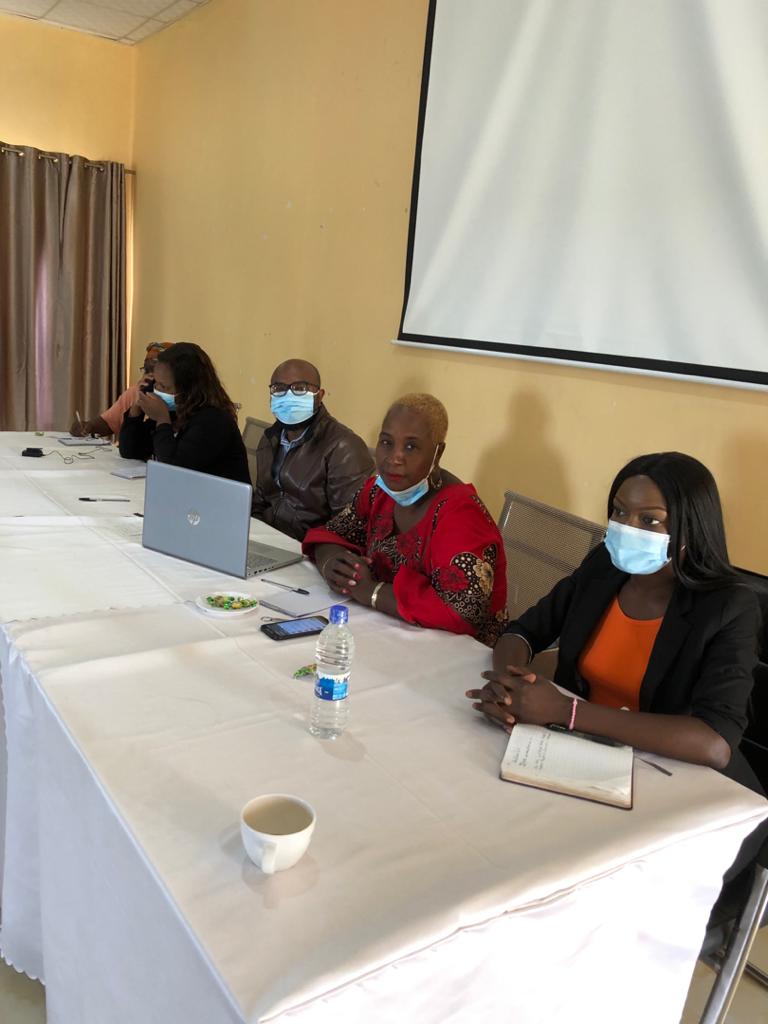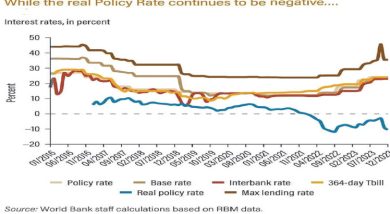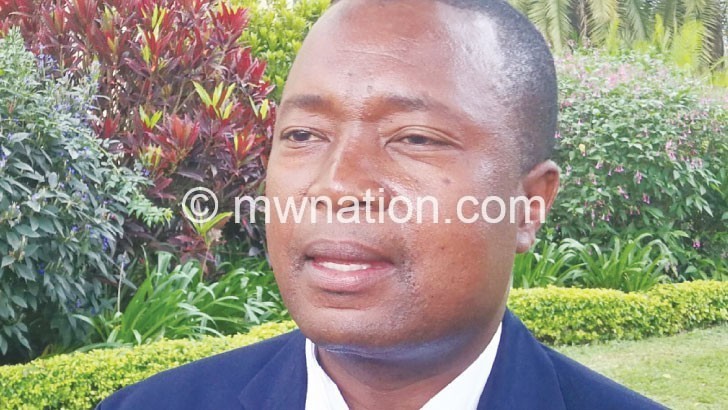ActionAid develops content on feminist macroeconomics
ActionAid Malawi, a member of Feminist Macro-Economics Alliance (FEAM), has developed content on macro-economics which has been specifically packaged to help in the engendering of feminist lens inthe formulation of macroeconomic policies in the country.
ActionAid Malawi led a content development workshop at Thope Lodge in Mponela from Thursday to Saturday last week which brought together experts from gender, economics, and the media to develop content in form modules on macroeconomic policies with a strong feminist approach.

At the end of the workshop, ActionAid also held recorded sessions with the experts on macro-economic policies in a more comprehensive format and the material is expected to be packaged in radio and television programs and will also be shared in various social media platforms.
ActionAid Malawi Women and Girls Rights Specialist Chikumbutso Ngosi said FEAM has noted with concern that rarely do policy makers talk about macroeconomics as a determinant for abject poverty among the poor, especially women, hence the need for a rigorous campaign on such
a matter.
She said through their messaging, FEAM will strive to promote the need for policy makers to relate macroeconomic policies to women rights.
“For almost a year now, FEAM has been championing a robust campaign for just macro-economic policies with a strong feminist approach in the delivery of public services in health, education and agriculture sectors.We would like to build upon such a solid foundation and make sure that macroeconomics is not only presented as gender neutral,” she said.
She lamented that over the years, there has been a disjoint in terms of delivery of the content, especially to the public, adding that there are seemingly glaring knowledge gaps on macro-economic policies among various stakeholders, including the media.
FEAM Chairperson Barbara Banda, who was one key resource person during the workshop, also noted that there have been underlying issues not addressed in terms of how macroeconomic policies are affecting women in the country.
For example, she said women usually provide cheap labour to Foreign Direct Investments (FDIs) who come and ply their trade in the country, saying that such investments inflows is one key macroeconomic variable in the country that determines growth, and yet women continue to suffer in various forms of economic abuse.
“Women offer cheap labour to these investors but yet most labor conditions at the workplaces of these investors do not favour women. We need to integrate such issues in our policies,” said Banda.
On her part, renowned feminist and former legislator Jessie Kabwira, who was tasked to formulate a standard module on feminist macroeconomics approach, said it was imperative that such module should be made accessible to women in the grassroots as well.
Kabwira lamented that until today, most macroeconomic policies that are being devised offer a ‘one size fits all’ kind of solutions hence ignoring a feminist lens.
Kabwira said neo-liberalism doctrines are purely patriarchal in nature and do not favour women and girls.
Since 1981, Malawi has been implementing various macroeconomic policies with the objective of liberalising the economy – moving away from an environment with greater state activities (or where a state has a huge hand in the affairs of the economy) to the one that relies on the private sector and that hinges on a strong interplay between demand and supply or simply market forces.
Most macroeconomic policies have focused on liberalisation of international and domestic trade including liberalisation of
agricultural prices and marketing, removal of agricultural subsidies, reduction in trade tariffs and removal of non-tariff barriers to trade, liberalisation of the exchange rate system, liberalisation of the financial sector and interest rates and provision of investment incentives.
Nonetheless, anecdotal evidence suggests that the macroeconomic policies that have been implemented during the reform period were not based on empirical analysis and fuller understanding on their effects on growth and poverty reduction.
Resultantly, this resulted in poor sequencing of policies and in some cases in policy reversals.
Most of the policy reforms, as spearheaded by IMF and World Bank were implemented by 1995, but nonetheless, the performance of the domestic economy since then has not greatly improved as manifested by recurring low and erratic real gross domestic product (GDP) growth rates, price
instability, ever-yawning budget deficits, high interest rates,
unstable exchange rate movements, let alone high incidences of poverty, among other key macroeconomic variables.
In his recent lecture titled “The Quest for a Pragmatic Economic Management Framework in Malawi,” Professor of economics at Chancellor College Ronald Mangani noted that between 1981 and 1994, Malawi adopted Structural Adjustment Programmes (SAPs) aimed at addressing
Balance of Payments and fiscal deficit challenges before embarking on Fiscal Restructuring and Deregulation Programmes as well as enhanced SAPs between 1995 and 2000 to address the same BoP and fiscal deficit woes.
But Mangani said such policies have only deepened aid dependence, bluntly saying “Malawi is an obedient patient of neo-liberalism that cannot recover”.
He said: “The success of neoliberalism is its failure. I call it
tragic neo-liberalism and the justification was to address structural economic weaknesses and create resilience to shocks from the economic crisis of the late 1970s through comprehensive policy reforms dangled in return for Western aid since 1981.”
FEAM is a women’s rights centered coalition comprising ActionAid Malawi (AAM), NGO Gender Coordination Network (NGOGCN), Malawi Human Rights Resource Centre (MHRRC), Every Girl School Alliance (EGISA),
mHub, Open Society Initiative for Southern Africa (OSISA) and Activisa Youth Network; with support from the Africa Women’s Development and Communication Network (FEMNET).






One Comment